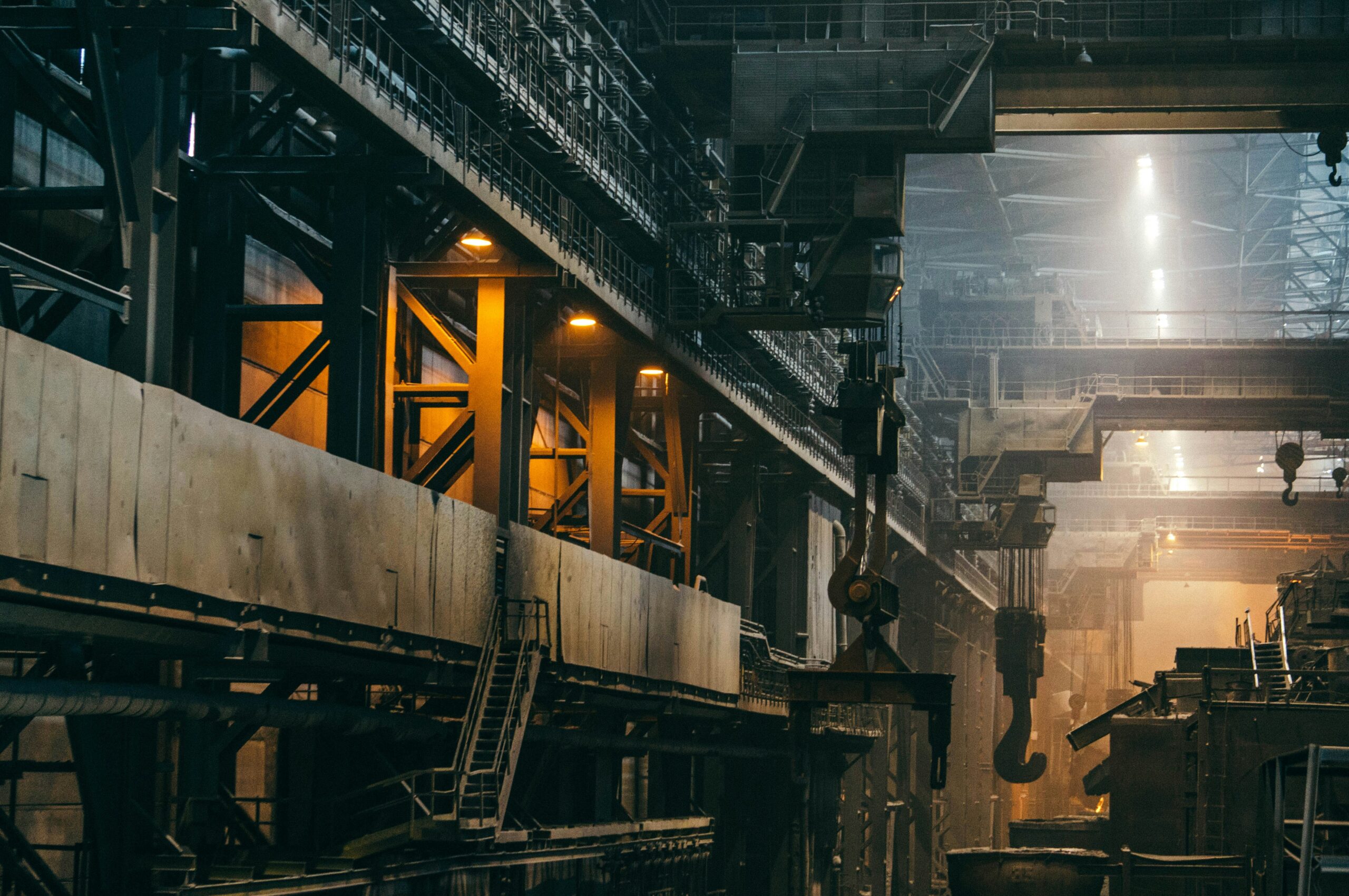The construction industry, with its ever-evolving landscape, requires robust support in terms of financing, particularly for equipment acquisition.
Construction equipment financing is a critical tool for businesses looking to expand their capabilities without the hefty upfront costs of purchasing new machinery outright.
In this guide, we will explore key strategies and tips to secure financing for your construction equipment, keeping in mind the varying construction equipment financing rates, project financing options, and construction mortgage solutions.
Understanding Construction Equipment Financing
Construction equipment financing is a specialised loan or lease used to purchase or lease construction equipment.
This type of financing is vital for construction companies that need to upgrade or expand their fleet but do not have the capital to pay for the equipment upfront. It’s important to understand that construction equipment financing rates can vary based on factors like credit history, the type of equipment, and the length of the loan or lease.
1. Assess Your Financing Needs and Options
Before diving into the process of securing financing, it’s crucial to:
- Assess your specific needs.
- Determine the type of equipment required, whether it’s heavy machinery like excavators and cranes or more specialised tools.
- Consider factors like the project scale, duration, and your company’s financial health.
- Explore different financing options, such as loans, leases, or construction mortgages, each with its unique advantages and suitability.
2. Prepare a Solid Business Case
When approaching lenders, having a well-prepared business case can significantly increase your chances of securing favourable terms. This should include detailed information about:
- Your project, expected revenue generation
- How the new equipment will contribute to your company’s growth.
- A strong business plan reassures lenders of your project’s viability and your ability to repay the loan.
3. Understand and Compare Financing Rates
Construction equipment financing rates are influenced by various factors including market conditions, your creditworthiness, and the lender’s policies.
It’s imperative to shop around and compare rates from different lenders. Don’t just focus on the interest rates; consider other aspects such as terms of repayment, down payment requirements, and any additional fees.
4. Explore Project Financing Options
Project financing can be an alternative or an addition to traditional equipment financing. This approach involves securing funds specifically for a single project, with the loan being repaid from the project’s cash flow. This can be an effective strategy for large-scale construction projects, offering a more tailored financing solution.
5. Consider a Construction Mortgage for Large Investments
For substantial investments, such as acquiring land or financing large-scale construction projects, a construction mortgage might be the most suitable option. These mortgages are designed specifically for construction projects, offering staged funding that aligns with project milestones. Understanding the nuances of construction mortgages, including their rates and terms, is essential for making an informed decision.
6. Maintain a Strong Credit Profile
Your creditworthiness plays a pivotal role in securing favourable financing terms. Maintain a strong credit profile by managing existing debts efficiently, making timely payments, and keeping your credit utilisation low. A strong credit score can lead to lower interest rates and better financing terms.
7. Leverage Government Programs and Incentives
There are often government programs and incentives available for construction businesses, aimed at promoting industry growth and sustainability. These can provide additional financial support or favourable terms, easing the burden of equipment financing.
8. Build Relationships with Lenders
Establishing a strong relationship with lenders can be beneficial, especially for long-term financing needs. Lenders who understand your business and its goals are more likely to offer tailored solutions and support your financing needs over time.
Conclusion
Securing construction equipment financing requires careful planning, a thorough understanding of your options, and a strategic approach.
By assessing your needs, preparing a compelling business case, understanding financing rates, and exploring various financing avenues like project financing and construction mortgages, you can successfully navigate the path to securing the necessary funds.
At Bespoke we understand, every construction business is unique, and the key is to find a financing solution that aligns with your specific needs and goals.
For more insights and assistance with your construction equipment financing needs, contact our team today.



